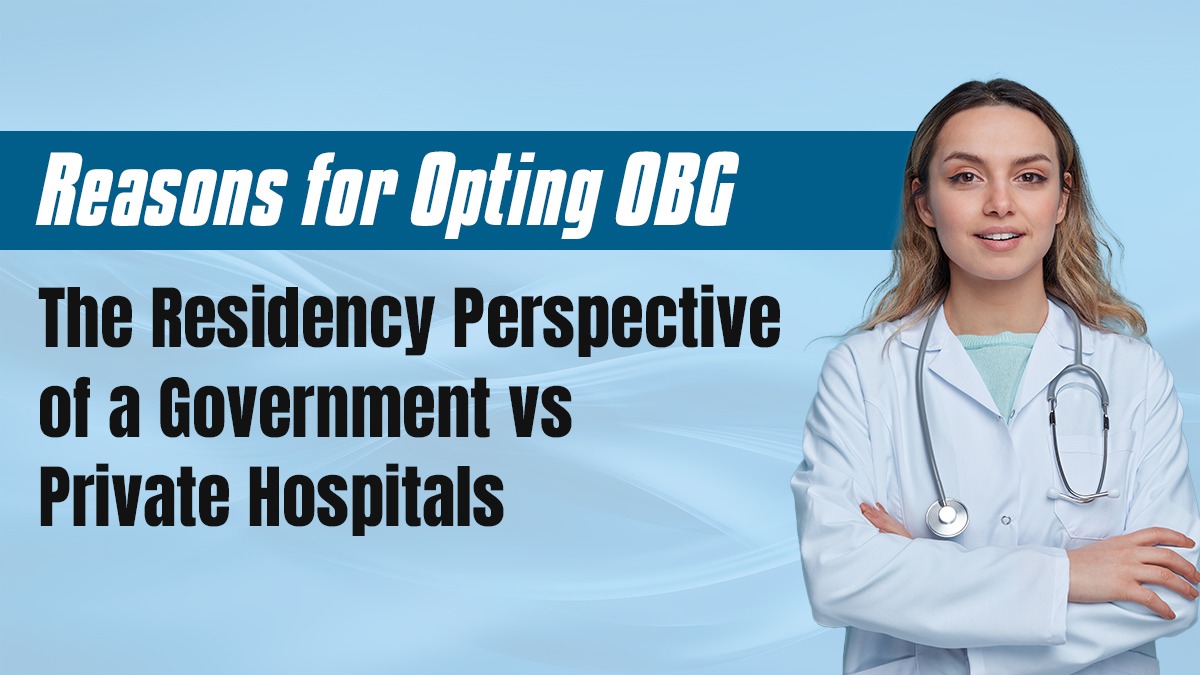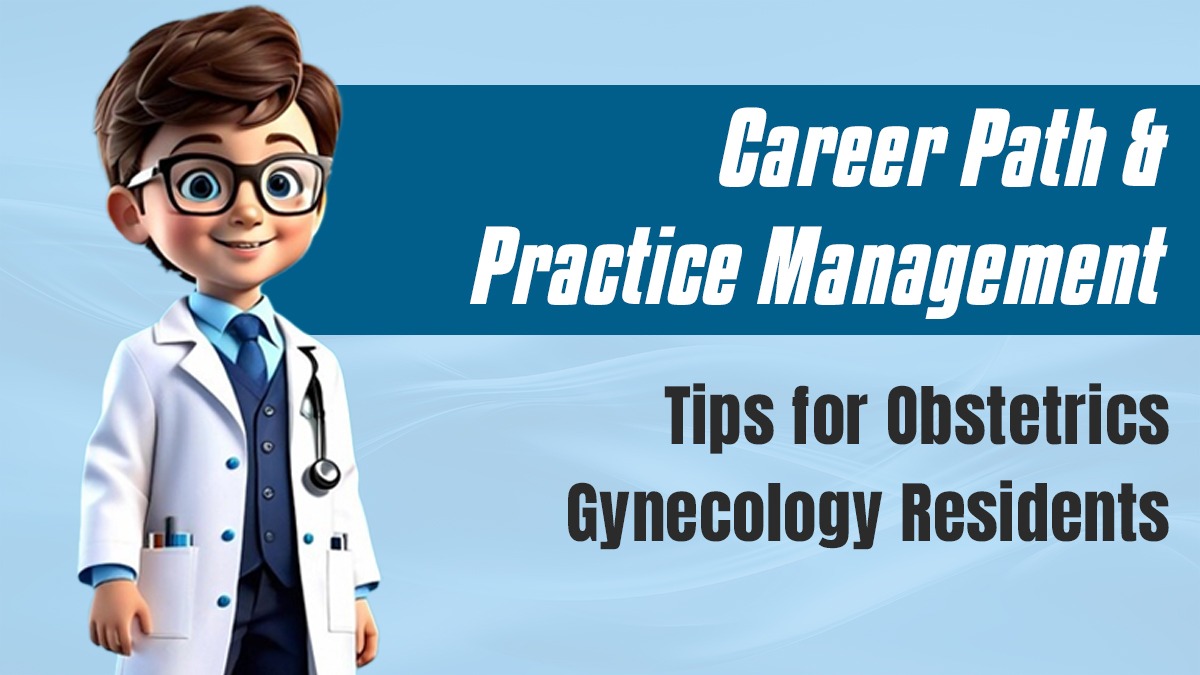Estimated reading time: 4 minutes
Choosing Obstetrics and Gynecology (OBG) as a speciality is a decision filled with purpose, passion, and promise. The blend of surgery and medicine, with the miracle of childbirth, makes this field more promising. But there is one big question that comes to every aspiring the: Government vs. Private hospitals for residency, and which is better?
Let us look into this subject of comparison and find out what works best for you in your obstetrics, gynecology residency journey.
Why OBG?
Before discussing anything, let’s discuss the OBG residency:
- It offers an almost perfect balance between surgical and medical practice.
- It witnesses life at its very beginning, and often saves it in emergencies.
- It’s one of the most dynamic fields with scope for super-specialisation.
- Great emotional bonds develop with patients, especially in long-term infertility and antenatal cases.
These are the reasons, make the obstetrics and gynecology residency program one of the hottest choices among medical graduates.
Government vs Private Hospitals – Which is Better for OBG Residency?
Training during your obs-gyn residency has a major impact on what you learn, how confident you feel and even how you practice in the future. Thus, here is a listing of all the differences:
1. Load of Patients and Clinical Exposure
Public Hospitals:
- High patient volume ensures a robust clinical exposure.
- Excellent for developing hands-on skills in normal deliveries, cesarean sections, emergency obstetric care, and gynecologic surgeries.
- More autonomy and independence for obs-gyn residents.
Private Hospitals:
- Low patient load as compared with the government setup.
- Specialised cases, but very few opportunities to act independently.
- More structured, consultant-led practice.
- Perfect to observe high-standard protocols.
2. Infrastructure & Facilities
Government Hospitals:
- Basic overburdened infrastructure.
- Generally, there were no advanced diagnostics or high-end equipment.
- Best for learning to deal with resource constraints.
Private Hospitals:
- Brilliant infrastructure with latest technology.
- Greater exposure to minimally invasive procedures and high-end diagnostics.
- Best for learning evidence-based protocols.
3. Teaching & Academic Government hospitals:
Government Hospitals:
- Usually attached to reputed medical colleges with experienced faculty.
- Encouragement of thesis and research.
- Strong academic discussions, bedside clinics, and seminars.
Private Hospitals:
- They are not restricted to the same academic standards across the board.
- Some doctors’ hospitals may provide almost world-class mentorship, but this is not universal.
- The focus is more on patient satisfaction than teaching.
4. Work Environment and Resident Life:
Government Hospitals:
- Conditioned to be tough, long hours, and night duties.
- This builds resilience and confidence.
- There is more responsibility and independence in decision-making.
Private Hospitals:
- Comparatively better work-life balance.
- Learning is consultant-led, which can be both good and limiting.
Conceptual OBG – Your Partner in Residency
Whether you are training at an ultra-busy government hospital or a well-structured private institution, Conceptual OBG is meant to be there with you through your Obstetrics and Gynecology Residency Training Program.
It offers focused video lectures, case discussions, MCQs, viva preparations, and mentoring from top faculty across India. Thus, the academic and clinical gap is easily bridged.
The platform is solely meant to help understand concepts better, revise quickly, and catch up with current protocols, thus becoming an essential tool for every obs gyn resident aspiring to excel in both exams and real-life practice.
Conclusion:
Your journey in OBS-GYN residency will be as rewarding as you make it. Both government and private setups offer unique advantages. What truly matters is your commitment to learning, your attitude, and your passion for women’s health.
Choose wisely, stay curious, and remember—every delivery you attend, every life you touch, will shape you into a remarkable gynecologist.




